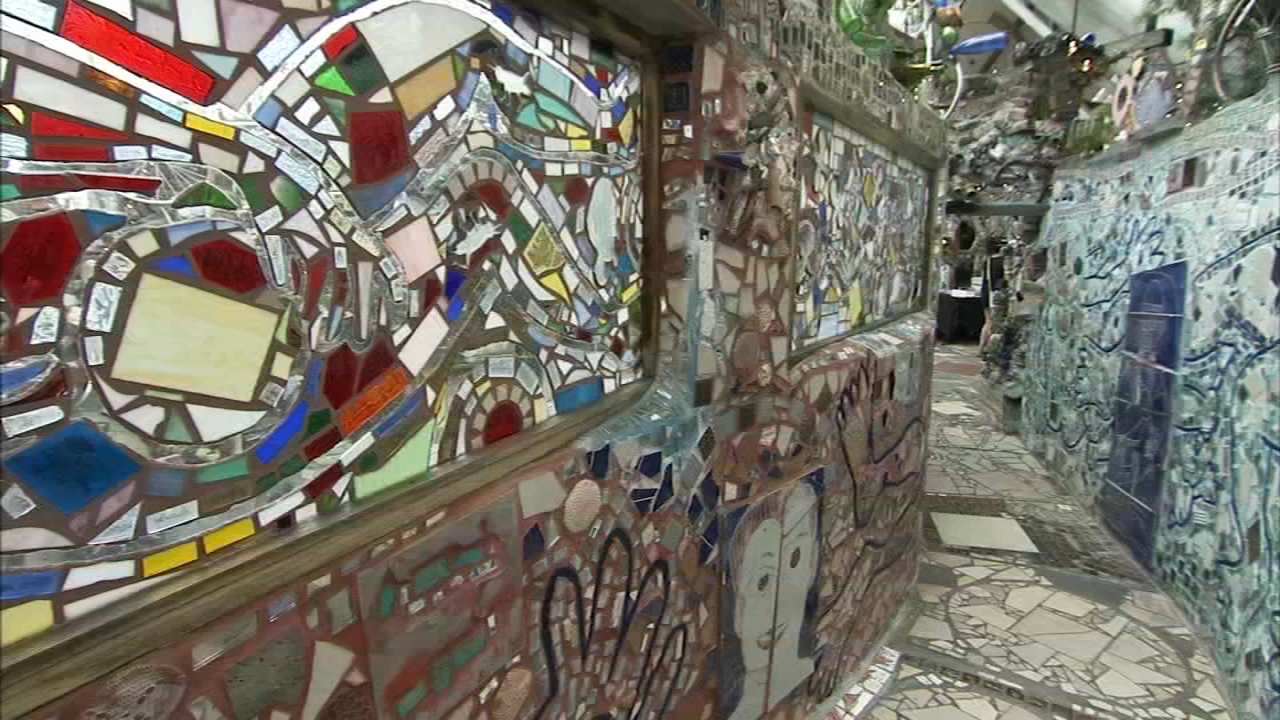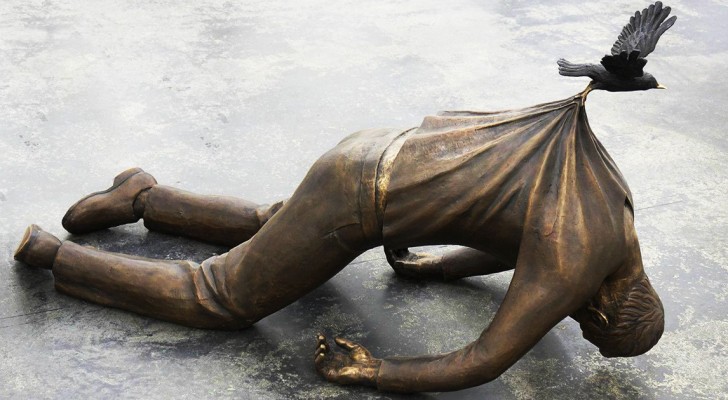“If we are being afflicted, it is for your consolation and salvation; if we are being consoled, it is for your consolation.”
– 2 Corinthians 1:6
Philadelphia Magic Gardens is not your typical garden. There are no flowers anywhere, no green fields, fountains, or lakes. Rather, it is a series of mazes and rooms decorated by beautiful mosaics and constructed entirely from garbage. Isaiah Zagar was deeply troubled about the deterioration of his run-down neighborhood in Philadelphia. He took an abandoned lot filled with trash and worked tirelessly to transform it for fourteen long years. Worthless and useless trash made up of items we throw out every day without a second thought, pieces of a broken mirror, a button, a shoelace, an empty bottle of wine or a can of beer, were all transformed into something new, entirely unexpected, truly elegant, beautiful and inspiring.
In the opening chapter of his second letter to Corinthians, which is also one of the scripture readings for this Sunday, St. Paul shares with his spiritual children about his recent imprisonment and persecution in Asio Manor as a result of his faith, work and ministry. It was not an ordinary struggle and suffering that every first-century Christian went through, but something truly horrific. “We were so utterly, unbearably crushed that we despaired of life itself” (2 Cor. 1:8), writes the apostle. He does not attempt to dissect and discern his suffering, try to reason and analyze whose fault it was or how God could allow it. Instead, he demonstrates the most profound and pure faith that God, through his mysterious and active presence in our lives and suffering, was going to transform his suffering into a source of a blessing for his newly founded church in Corinth. Somehow, through his unshaken faith and trust in Christ, the apostle viewed his personal suffering as an instrument and opportunity to bring healing to others.
There is nothing natural or normal about human suffering. Pain, death, sickness and suffering were not part of God’s original design and vision for humanity. Suffering disrupts our joy, disfigures and damages our inner peace. We despise suffering and do all we can to avoid it. When tragedy strikes, we do everything in our power to find our way out of it as quickly as we can, forget the pain and move on.
Very rarely do we look back, view, and see our own suffering as an opportunity for personal and spiritual growth, an experience that transforms us and makes us more human, more compassionate, enabling us to connect and feel more closely and deeply all the pain and suffering around us. And it is certainly hard to grasp and understand how our personal misery can possibly act as an instrument and remedy of healing for others.
Yet, this is exactly the Christian perspective of suffering. It was through his suffering, crucifixion, and death that Christ saved and healed the world. We too are invited today to look deep into our souls, reflect and examine how our personal struggles affected us and our faith, shaped and formed our identity and who we are, how God revealed himself within those dark moments, what we learned, experienced and felt and how all of these can help us to reach out, help and heal those suffering today. Often, it is through this act of Christian outreach and compassion that we actually find closure and peace with our past and our pain through Christ Jesus to whom glory and honor forever, amen.


